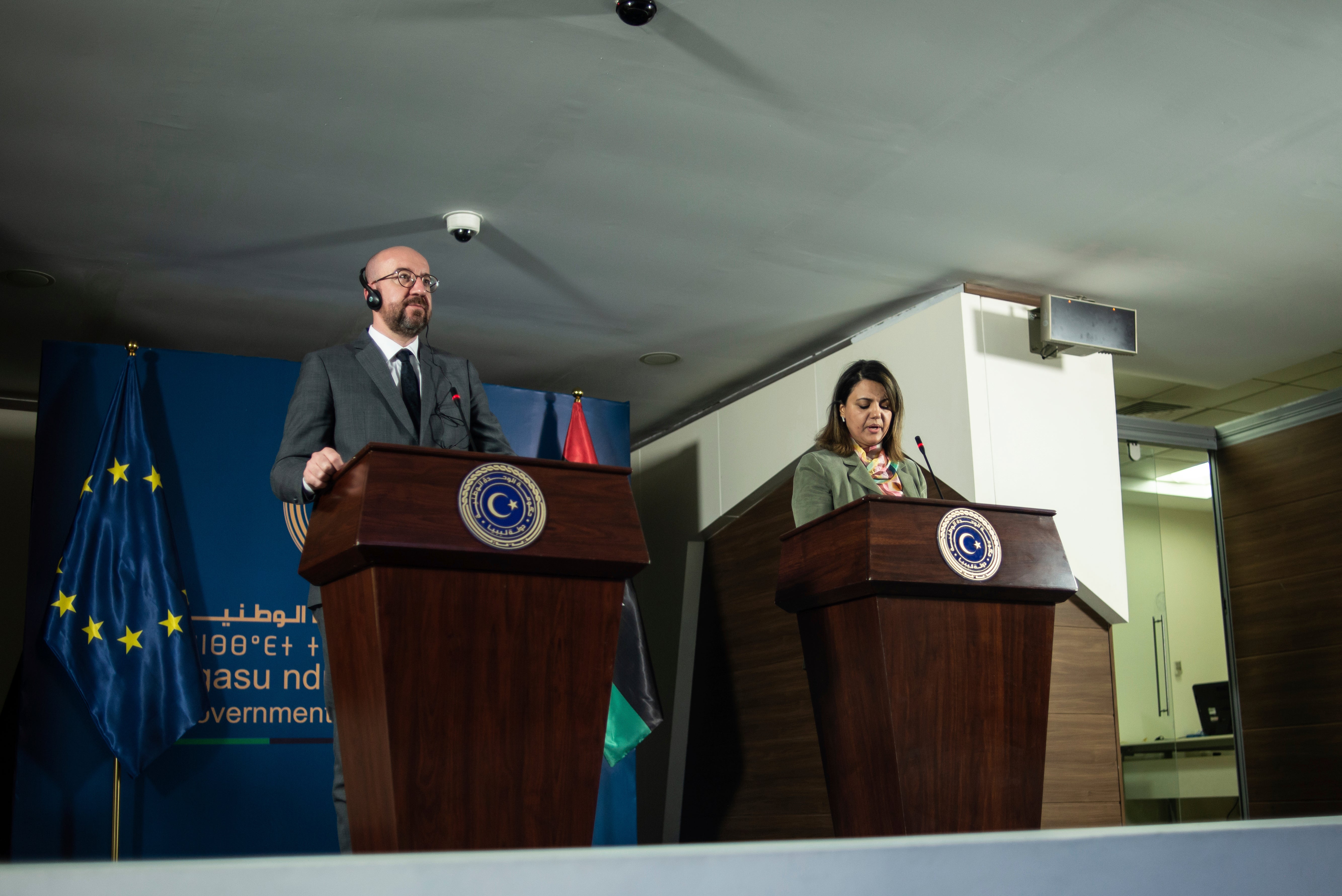European leader urges foreign fighters to leave Libya
The European Union is calling for the departure of all foreign forces and mercenaries from Libya, saying it's a “precondition” for a return to stability in the war-torn country

Your support helps us to tell the story
From reproductive rights to climate change to Big Tech, The Independent is on the ground when the story is developing. Whether it's investigating the financials of Elon Musk's pro-Trump PAC or producing our latest documentary, 'The A Word', which shines a light on the American women fighting for reproductive rights, we know how important it is to parse out the facts from the messaging.
At such a critical moment in US history, we need reporters on the ground. Your donation allows us to keep sending journalists to speak to both sides of the story.
The Independent is trusted by Americans across the entire political spectrum. And unlike many other quality news outlets, we choose not to lock Americans out of our reporting and analysis with paywalls. We believe quality journalism should be available to everyone, paid for by those who can afford it.
Your support makes all the difference.The European Union on Sunday called for the departure of all foreign forces and mercenaries from Libya describing it as a “precondition” for a return to stability in the war-torn country.
At a news conference in the Libyan capital, Tripoli EU Council President Charles Michel described the appointment of a transitional government earlier this year as a “historic moment.” The government is meant to shepherd the country through until general elections on Dec. 24.
“You have created an opportunity to rebuild your country, but there is one precondition — all foreign fighters and troops must leave the country,” he said, urging Libya’s political — and mostly armed — factions to seize a “unique opportunity to build a united sovereign stable and prosperous country.”
A recently released report by U.N. experts accused several foreign governments of turning the oil-rich country into a stage to play out rivalries and ignoring U.N. sanctions and a decade-long U.N. arms embargo, which it said has remained “totally ineffective.”
The experts identified Turkey and Qatar as the backers of forces loyal to the U.N.-supported administration in Tripoli, to the west, while the United Arab Emirates, Russia, and Egypt have supported Khalifa Hifter, the military commander controlling eastern and southern parts of Libya.
Michel, who met the leaders of the newly appointed government, said the EU was supporting efforts at national reconciliation, following the years of chaos since the 2011 uprising that overthrew and later killed longtime dictator Moammar Gadhafi.
Mohammad Younes Menfi, head of the presidential council, said he and Michel discussed migration and the “security of maritime borders” between Libya and the EU, according to the office of the Libyan leader. Libya has emerged as the dominant transit point for migrants fleeing war and poverty in Africa and the Middle East and seeking a better life in Europe.
Other European leaders would be visiting Libya in the coming days, reflecting the importance of EU-Libyan ties, an EU official said, adding that the EU ambassador to Libya would return to Tripoli by the end of April. He spoke on condition of anonymity because he was not authorized to brief the media.
________
Associated Press writer Raf Casert in Brussels contributed.